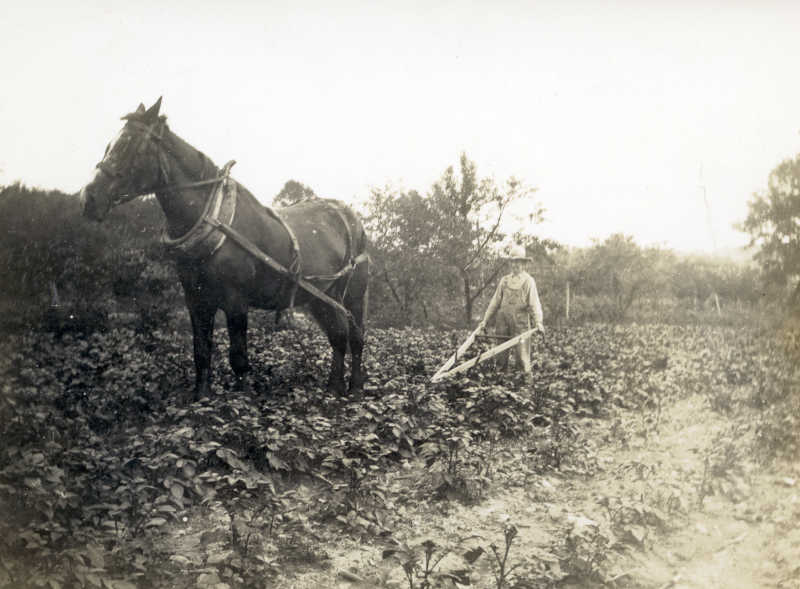The Good Old Days?

I often used to think about how grand it would have been to live in earlier times, “the good old days.” If I had had my way, I would have been born in America during the nineteenth century, a time I always find myself reading (and dreaming) about. But would I really want to have lived then as opposed to now? When I really think about it, I am not so sure anymore.
Sure, there are aspects of the past that are enticing. Life seemed simpler then and less complicated. People had real conversations, face to face, and visited their family, friends, and neighbors more commonly. Even phone calls were ostensibly better—and longer—back then. There were not as many problems, and there was less crime. Or that is how things are often portrayed at least. Oftentimes, looking back through old newspapers, I am surprised to see how rampant crime and societal problems were in the 1800s and early 1900s. There may have been less crime quantitatively, but then again, there were fewer people then too. Humans and their ways may have changed over the years, but human nature, in fundamental ways, has not.
As much as I like to study the Civil War and read about its characters, events, and battles, I would not in a million years have wanted to live through it! It was an awful war—bloody, terrible, and ghastly in its carnage. Imagine, if possible, the scenery in the fields of Gettysburg immediately after the three days of combat there in July 1863. In my mind, it would have been very close to hell on earth. While Gettysburg was the worst in terms of numbers, it was just one of 10,000 battles in America over those four years. Soldiers who were lucky enough to survive the battles and diseases were often disabled—physically, mentally, or emotionally. Women did not have it any easier than the men of the time. Oftentimes, theirs was a world of labor without end—not only in performing their household, parenting, and or farming roles, but also in having to fulfill the duties their departed husbands would normally have carried out. The women had no idea when—or if—their husbands would come home again. And if the husbands did return home, they sometimes were handicapped and suffering from symptoms similar to PTSD. Many times, all of this occurred while the woman was trying to raise ten or fifteen (or more) children. Furthermore, if one were black at the time, whether man, woman, or child, it goes without saying that troubles would have been monumental and omnipresent—before, during, and after the war.
Certainly, life was not easy then. Nor was it ever. My yearning to want to romanticize and glorify the past is often contradicted by the historical evidence. Medicine was primitive throughout much of the nineteenth century. Lifespans were short. Many children did not reach their adult years. Communication and news did not travel instantaneously. Travel was much more difficult and took far more time. Knowledge of science and the universe was minimal, light-years behind what it is today. Farming was a very hard way to make a living. Working in the factories or mines or for the railroads was no easier. Those “long” eight-hour workdays we now have to “suffer” through were a distant dream for workers in the past, and workers’ personal safety was an afterthought for the management of the time. We have a lot to thank our ancestors for—all of the sacrifices they made so we could enjoy a pretty good way of life and standard of living today. Personally, I know I have a lot to be grateful for living in the modern age. The advances of technology have brought both good and bad effects to society, but if used judiciously and in moderation, modern technology is indeed a blessing in so many ways. Yes, the more I think of it, I am glad I am not living in the 1860s. After all, back in the good old days, there was no such thing as air conditioning! (How did people ever live without it?)
Robert Schwartz, Research Specialist, Archives and Library
